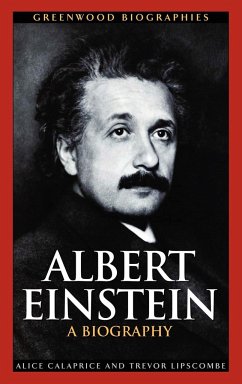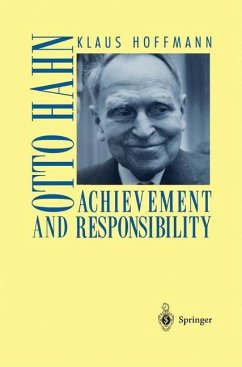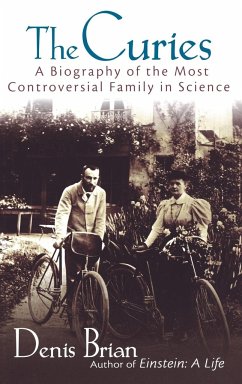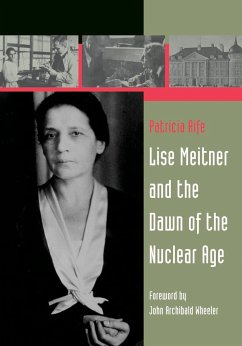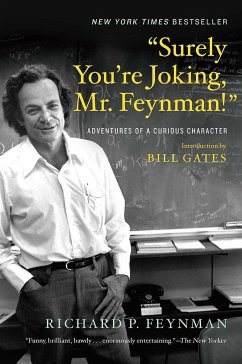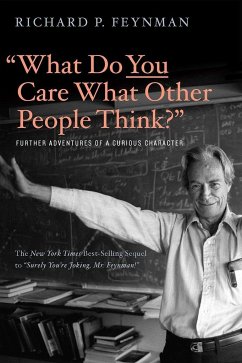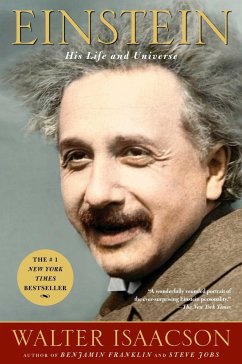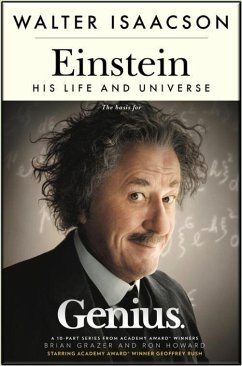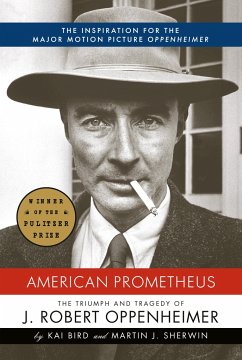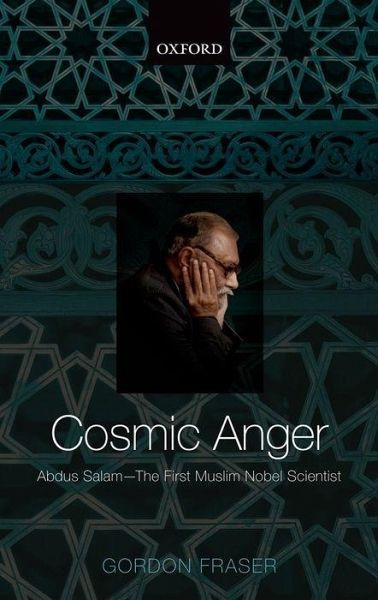
Cosmic Anger
Abdus Salam - The First Muslim Nobel Scientist
Versandkostenfrei!
Versandfertig in 1-2 Wochen
71,99 €
inkl. MwSt.

PAYBACK Punkte
36 °P sammeln!
This book presents a biography of Abdus Salam, the first Muslim to win a Nobel Prize for Science (Physics 1979), who was nevertheless excommunicated and branded as a heretic in his own country. His achievements are often overlooked, even besmirched. Realizing that the whole world had to be his stage, he pioneered the International Centre for Theoretical Physics in Trieste, a vital focus of Third World science which remains as his monument. A staunch Muslim, he wasashamed of the decline of science in the heritage of Islam, and struggled doggedly to restore it to its former glory. Undermined by ...
This book presents a biography of Abdus Salam, the first Muslim to win a Nobel Prize for Science (Physics 1979), who was nevertheless excommunicated and branded as a heretic in his own country. His achievements are often overlooked, even besmirched. Realizing that the whole world had to be his stage, he pioneered the International Centre for Theoretical Physics in Trieste, a vital focus of Third World science which remains as his monument. A staunch Muslim, he wasashamed of the decline of science in the heritage of Islam, and struggled doggedly to restore it to its former glory. Undermined by his excommunication, these valiant efforts were doomed.



